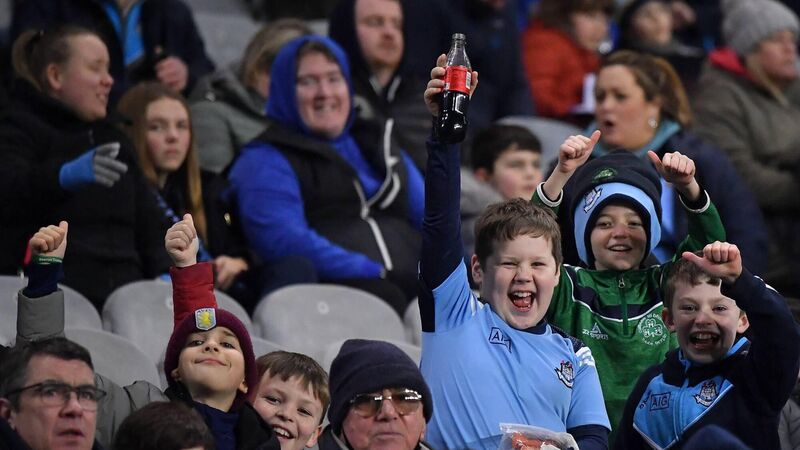Tommy Martin: While Dublin are not good, the Dub may never have been happier

29 January 2022; Dublin supporters, in the Cusack Stand, before the Allianz Football League Division 1 match between Dublin and Armagh at Croke Park in Dublin. Photo by Ray McManus/Sportsfile









